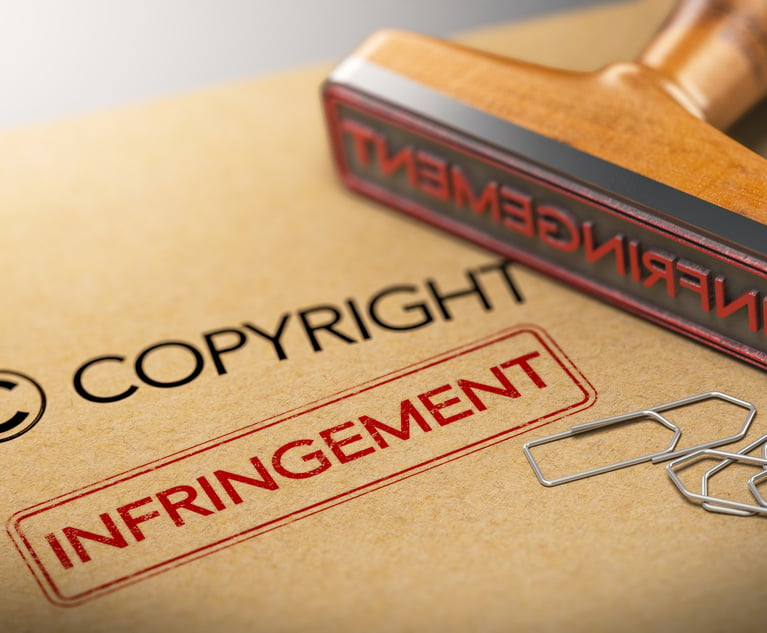 Financiers—perhaps as much as producers, directors, and actors—are responsible for the film industry. Without lenders and investors, films cannot be made. Typically, financiers provide funding in return for proceeds from the film, which is secured by a lien in favor of the financier. The lien typically functions as collateral against the borrower’s repayment of the loan and compliance with other obligations under the financing agreement. If the borrower fails to meet its loan repayment obligations, the financier is entitled to foreclose on the collateral. Unlike lending and investing in more traditional industries where there is a multiplicity of existing assets, liens in film financings frequently center on the underlying work’s copyright, as copyright is the crux of the film’s value and frequently the only asset of importance to secure against. And given that financing is necessary at the incipiency of a film project, typically a copyright application on an as-yet unfinished script is all that exists. Unfortunately, the law on how to perfect a lien in a copyright application is foggy at best. Below, we sketch out pitfalls of the current process for perfecting a lien on a copyright application, and potential steps that a financier may take to help perfect and protect its investment.
Financiers—perhaps as much as producers, directors, and actors—are responsible for the film industry. Without lenders and investors, films cannot be made. Typically, financiers provide funding in return for proceeds from the film, which is secured by a lien in favor of the financier. The lien typically functions as collateral against the borrower’s repayment of the loan and compliance with other obligations under the financing agreement. If the borrower fails to meet its loan repayment obligations, the financier is entitled to foreclose on the collateral. Unlike lending and investing in more traditional industries where there is a multiplicity of existing assets, liens in film financings frequently center on the underlying work’s copyright, as copyright is the crux of the film’s value and frequently the only asset of importance to secure against. And given that financing is necessary at the incipiency of a film project, typically a copyright application on an as-yet unfinished script is all that exists. Unfortunately, the law on how to perfect a lien in a copyright application is foggy at best. Below, we sketch out pitfalls of the current process for perfecting a lien on a copyright application, and potential steps that a financier may take to help perfect and protect its investment.
Setting the Scene: The Importance of Perfection
In order for a lien in a film’s copyright to be fully enforceable in the United States, it must be perfected. Perfecting the lien establishes priority between conflicting conveyances involving the same copyrighted work by providing constructive notice to the public of the facts stated in the lien documents. See Copyright Act of 1976 §205, 17 U.S.C. §205(c). Once the lien is perfected, the lender or investor obtains priority over other parties who have an interest in the film’s copyright, and is protected from losing its interest in the event of conflicting assignments or the copyright owner’s bankruptcy. See U.C.C. §9-322(a)(2). Conversely, if a lender or investor fails to properly perfect its security interest in the copyright collateral, the lender or investor is relegated to the status of an unsecured creditor, and accordingly may be unable to foreclose on the collateral and recoup its losses.






